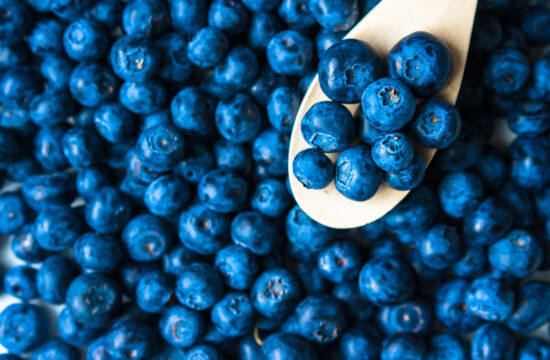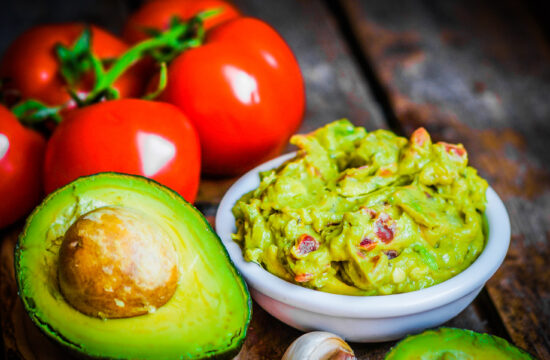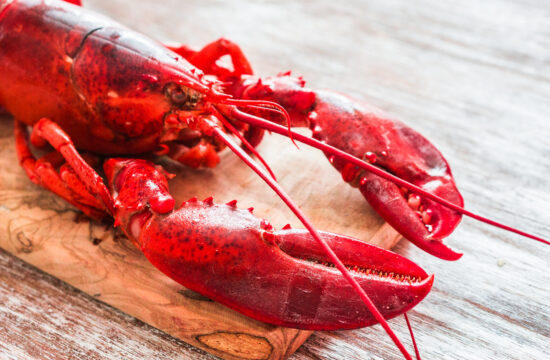Are you ready to start your weight loss journey? Whether this is your first time trying to lose weight or you’ve been down this road before, it can be overwhelming to know where to begin. That’s why we’re here to help with our Dieting 101 guide! In this article, we’ll cover everything from the basics of a healthy diet to common mistakes people make when dieting and how to stay motivated throughout the process. Let’s get started!
Introduction to Dieting
The word “diet” often has negative connotations associated with it, but in reality, a diet simply refers to the food that you eat on a regular basis. A healthy diet should consist of balanced meals that provide your body with all the nutrients it needs to function properly. When done correctly, dieting can lead to improved health, increased energy levels, and even better mental clarity.
The Basics of a Healthy Diet
A healthy diet consists of whole foods that are rich in vitamins, minerals, and other essential nutrients. This includes fruits, vegetables, lean proteins, healthy fats, and complex carbohydrates. It’s also important to avoid processed foods, which tend to be high in sugar, salt, and unhealthy fats. By focusing on whole foods, you can ensure that your body is getting the nutrients it needs to thrive.
Understanding Calories and Macronutrients
Calories are units of energy that come from the food we eat. To maintain a healthy weight, you need to consume just enough calories to meet your body’s daily needs without consuming too many calories that would cause weight gain. Understanding macronutrients – carbohydrates, protein, and fat – is crucial for creating a well-balanced diet plan. Each macronutrient serves different functions within the body, so understanding their role helps you create a personalized diet plan tailored to your specific goals.
Creating a Meal Plan for Success
Meal planning is an essential part of any successful diet. By planning out your meals ahead of time, you can ensure that you’re getting all the necessary nutrients while avoiding temptation to indulge in unhealthy food choices. Consider using tools like MyFitnessPal or SparkPeople to help you track your calorie intake and macro ratios. With some trial and error, you’ll find what works best for your body and lifestyle.
Common Mistakes People Make When Dieting
One of the most common mistakes people make when dieting is being too restrictive with their food choices. While cutting back on certain food groups may lead to quick initial results, it’s not sustainable long-term. Another mistake is not incorporating exercise into their routine. Exercise plays a critical role in weight loss by burning calories and building muscle mass. Finally, not getting enough sleep can hinder weight loss progress as lack of sleep affects hunger hormones and metabolism.
How to Stay Motivated While Dieting
Staying motivated while dieting can be challenging, especially if you don’t see immediate results. One way to stay motivated is to set realistic goals and celebrate small victories along the way. Additionally, finding an accountability partner or joining a support group can help keep you on track. Remember, weight loss is a marathon, not a sprint, so be patient with yourself and focus on making gradual changes that become habitual over time.
Tips for Eating Out on a Diet
Eating out doesn’t have to derail your diet completely. Look for restaurants that offer healthier options such as salads, grilled chicken, or fish dishes. Ask for dressings and sauces on the side, and opt for water or unsweetened tea instead of sugary drinks. If possible, split entrees with friends or family to reduce portion sizes. Don’t forget to check menus online beforehand to identify healthier options.
Exercise and Weight Loss: A Perfect Pair
Regular physical activity is essential for achieving and maintaining a healthy weight. Not only does exercise burn calories, but it also builds muscle mass, boosts metabolism, and improves overall health. The American Heart Association recommends at least 30 minutes of moderate-intensity aerobic activity five times per week. Find activities you enjoy doing, whether it’s going for a walk, hitting the gym, or taking a dance class.
Tracking Your Progress and Setting Goals
Tracking your progress is key to staying motivated and seeing results. Keep a journal to record your food intake, exercise routines, and weight fluctuations. Set achievable goals, such as losing one pound per week or running a mile without stopping. Celebrate these milestones and use them as fuel to continue working towards your ultimate goal.

FAQs About Dieting
Here are answers to some frequently asked questions about dieting:
How much water should I drink each day? Aim for eight 8-ounce glasses of water per day, although individual needs may vary based on factors like climate and activity level.
What are some healthy snack options? Some great snack ideas include fresh fruit, nuts, Greek yogurt, hard-boiled eggs, and veggies with hummus.
Is counting calories necessary for weight loss? Counting calories can be helpful for some people, but it’s not always necessary. Focus on making healthier food choices and listening to your body’s hunger cues instead.
Can I still enjoy alcohol while dieting? Alcohol contains empty calories and can slow down weight loss progress. However, if consumed in moderation (one drink per day for women, two for men), it can fit into a healthy diet plan. Choose lower-calorie options like wine or light beer, and skip the sugary mixers.
We hope this Dieting 101 guide provides you with all the information you need to start losing weight today. Remember, dieting isn’t just about what you eat; it’s also about living a healthy, balanced life. Good luck on your journey!









